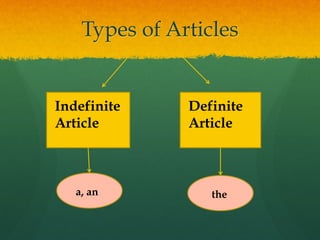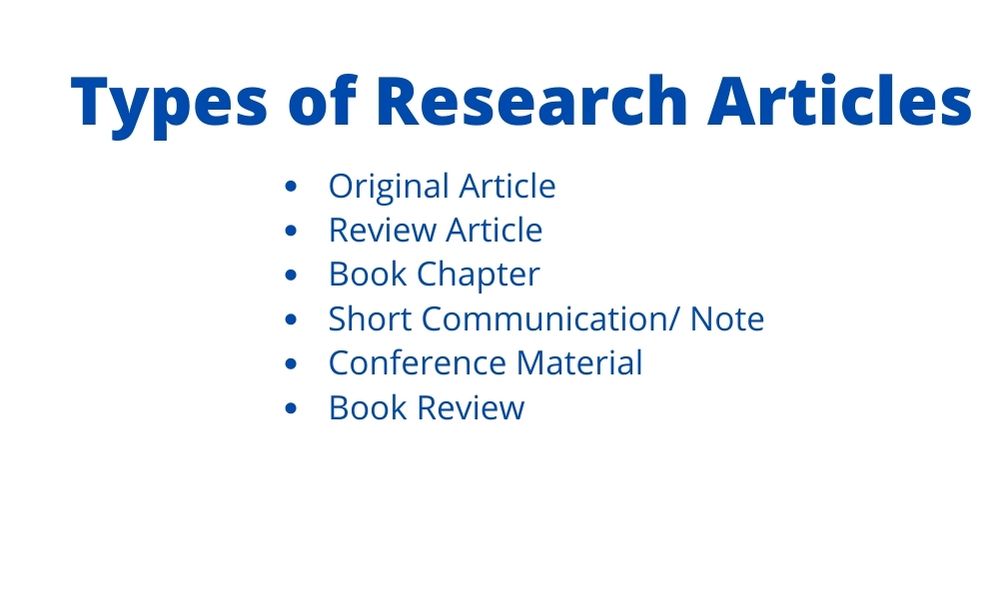Enhance Your Composing Skills with the Tools Available on sssdarticles
Enhance Your Composing Skills with the Tools Available on sssdarticles
Blog Article
Exactly How Articles Add To Clearness in Composing
The usage of write-ups is often forgotten, yet their influence on clarity in composing can not be underrated. Guaranteed and indefinite short articles offer distinct functions, directing the viewers towards a nuanced understanding of the text. While "the" indicates uniqueness, "a" and "an" open up the door to brand-new ideas. Misuse of these write-ups frequently causes uncertainty, ultimately obscuring the author's intent - sssdarticles. Recognizing the subtleties of post usage is essential for attaining clearness, yet what certain approaches can writers use to harness their complete potential?
The Duty of Articles
By designating nouns as definite or uncertain, write-ups lead the viewers's understanding of the subject issue, differentiating between recognized and unknown entities. The definite post "the" shows a certain noun, while the uncertain posts "a" and "an" suggest a general or non-specific reference.
Integrating posts appropriately boosts the coherence of writing, permitting authors to share their desired significances with better accuracy. sssdarticles. Abuse or omission of articles can cause ambiguity, creating confusion for the visitor. Mentioning "I saw pet" does not have clearness and uniqueness, whereas "I saw a pet" or "I saw the dog" communicates distinctive meanings.
In addition, articles add to the rhythm and flow of sentences, influencing readability. They allow writers to develop a logical framework, linking concepts and helping with understanding. A strong understanding of post usage is important for effective communication, ensuring that the subtleties of significance are preserved and the message is delivered plainly. This foundational facet of grammar substantially affects general composing quality.
Sorts Of Articles
Understanding the various sorts of posts is basic to mastering their usage in composing. Articles can be categorized largely into two kinds: certain and indefinite articles. The certain article "the" defines a particular noun that is known to the reader. Stating "the book" suggests that both the audio speaker and audience are aware of which certain book is being referenced. This accuracy assists to guide the viewers's emphasis and improves clearness.
On the other hand, indefinite articles, such as "a" and "an," refer to non-specific nouns. When one says "a book," it shows any type of publication, not one specifically. This usage is necessary when introducing brand-new concepts or items to the discussion, as it offers a basic structure without constricting the reader to a specific reference.
Additionally, short articles can also communicate subtleties such as amount and individuality. For example, "an apple" recommends any apple, while "the apple" might indicate that it is the only apple in the context. Comprehending these differences enables writers to efficiently manipulate articles for higher quality and precision in their communication.
Articles and Uniqueness

On the other hand, uncertain write-ups like "a" or "an" introduce nouns in a more basic feeling, showing that the noun might not know to the viewers. As an example, "a book" suggests any publication, leaving the specifics open to interpretation. This difference is vital for effective writing, as it influences how information is communicated and comprehended.
Usual Blunders With Articles
Clarity in creating can commonly be jeopardized by common mistakes with posts. One common error includes the misuse of definite and uncertain write-ups. Using "a" instead of "the" can check lead to uncertainty, recommending that the noun is one of numerous rather than a details entity. Conversely, omitting a post entirely can render a sentence uncomfortable or vague, as check over here in "She is educator" rather of "She is an instructor."

Improving Quality Via Articles
Effective communication rests on the exact use of write-ups, which can significantly enhance clarity in creating. Articles, consisting of "a," "an," and "the," offer as indicators that lead readers with the text. Their right application not just clarifies which noun is being referenced but also establishes the uniqueness and generality of the topic.
Making use of guaranteed and uncertain short articles blog appropriately can help stay clear of obscurity. Constant use of short articles contributes to the overall flow of creating, permitting for smoother shifts between ideas.
Writers need to pay cautious focus to short article use, as this small yet effective aspect of language can considerably boost the clearness of their communication. Eventually, the reliable use of posts transforms creating from mere words right into a meaningful and accessible message.
Final Thought
In conclusion, articles are essential devices in composing, considerably enhancing quality and precision. Mastery of write-up use ultimately contributes to an extra meaningful and engaging creating style, facilitating far better comprehension for readers.
Report this page